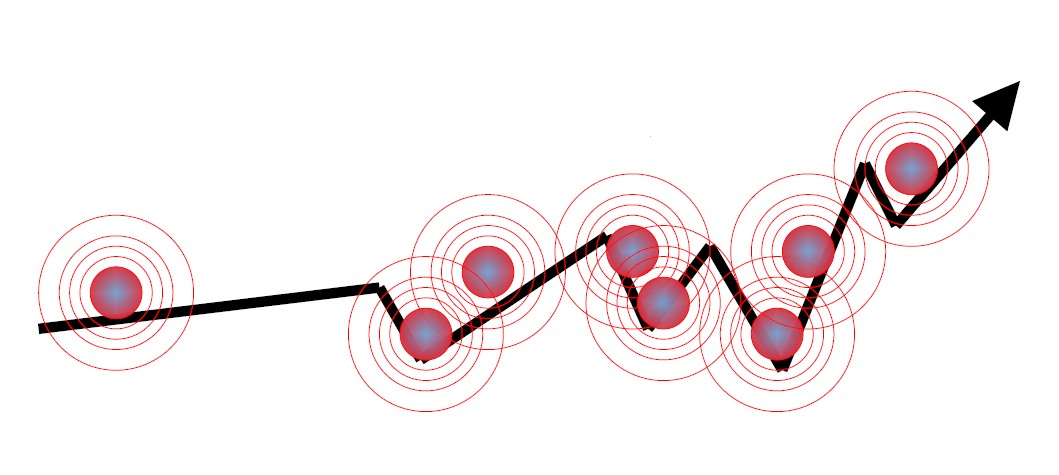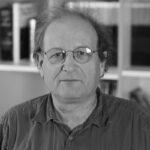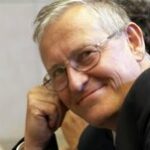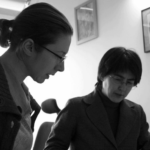
Polish-French Symposium: Development in the Physics of Ultracold Matter
The symposium addresses the physics of ultracold gases and their applications in quantum technology.
Research on the ultracold matter has been honored with 14 Nobel prizes in the last 25 years. The field is developing very dynamically in both theoretical and experimental basic research, and also in the field of applications in the emerging quantum technology.
Currently, clouds of atomic gas can be cooled to picokelvin temperatures. It is also possible to manipulate a single atom or a group of several atoms on demand. Therefore, observation of characteristic quantities, previously impossible to measure, is now available. Interesting novel directions of theoretical research emerge inspired by the advances in experimental techniques and unexpected results. They allow understanding the quantum effects occurring in the observed systems and how they affect the key properties of the systems under investigation.
DAY 1 – live transmission DAY 2 – live transmission
The main topics of the mini-symposium are:
- new phases of matter arising from nonlocal interactions,
- nonlinear phenomena,
- computational methods used in modeling of quantum many-body systems,
- research on quantum coherence of ultracold atoms,
- time crystals,
- creation of entangled states of ultracold atoms.
The invited speakers conduct joint collaborative research in the field of ultracold atoms for many years.

 The great example of Symposium speakers’ collaborations is the long-term research conducted by Dominique Delande (UPMC Laboratoire Kastler Brossel) and Jakub Zakrzewski (Jagiellonian University) which has been honored in 2019 by the Marie Skłodowska and Pierre Curie Polish-French Science Prize, jointly awarded by the Foundation for Polish Science (FNP) and the French Ministry of Education, Science and Innovation (MESRI).Jakub Zakrzewski and Dominique Delande have been working together for 30 years on phenomena caused by disorder in cold atomic gas systems. The research is theoretical, but concerns realistic experimental systems and is conducted in the context of emerging quantum technologies. The research has resulted in 36 joint publications, 7 of which have appeared in the prestigious scientific journal Physical Review Letters.
The great example of Symposium speakers’ collaborations is the long-term research conducted by Dominique Delande (UPMC Laboratoire Kastler Brossel) and Jakub Zakrzewski (Jagiellonian University) which has been honored in 2019 by the Marie Skłodowska and Pierre Curie Polish-French Science Prize, jointly awarded by the Foundation for Polish Science (FNP) and the French Ministry of Education, Science and Innovation (MESRI).Jakub Zakrzewski and Dominique Delande have been working together for 30 years on phenomena caused by disorder in cold atomic gas systems. The research is theoretical, but concerns realistic experimental systems and is conducted in the context of emerging quantum technologies. The research has resulted in 36 joint publications, 7 of which have appeared in the prestigious scientific journal Physical Review Letters.

The second pair of scientists are Alice Sinatra (UPMC Laboratoire Kastler Brossel) and Emilia Witkowska (Institute of Physics of the Polish Academy of Sciences) working together since 2006. Their joint work focuses on basic properties of the system, such as phase coherence and the use of Bose-Einstein condensates to produce non-trivial quantum states.
Co-organizer website
Co-Organizers:
Krzysztof Pawłowski – chair
Deputy Director of the Center for Theoretical Physics of the Polish Academy of Sciences in Warsaw. Post-doc in the theory group of Alice Sinatra and Jacob Reichel in Ecole Normale Superieure (2012-2014). Leader of a small research group working on many-body physics, various phenomena resulting from dipole interactions and the use of ultracold matter for interferometry.
PAN Institute of Physics in Warsaw
She works on the theory of ultra-cold atomic matter, in particular, the production of non-trivial quantum states and the study of quantum phase transitions


